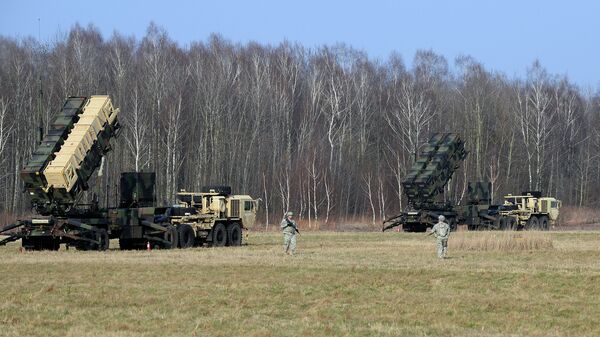“A successful resolution of the nuclear issue with Iran would not obviate the need for ballistic missile defenses. [US] President [Barack] Obama said last Thursday that US sanctions on Iran’s ballistic missile program will continue to be fully enforced,” the official said on conditions of anonymity.
The official said that Iran’s ballistic missile capability remains a threat and “continues to be a source of concern to us and the international community.”
The United States will continue developing its European Phased Adaptive Approach (EPAA) plans that include missile defense systems placed in Eastern Europe because of possible ballistic missile threats from Iran, a US State Department official said.
“The United States remains committed to the security of our Allies and Partners against possible ballistic missile threats, including those posed by Iran and its non-state proxies in the region,” the official said on conditions of anonymity.
Last week, a preliminary deal was struck between the P5+1 Group and Tehran on Iran’s nuclear program. US President Barack Obama said last week that the deal would not alleviate concerns in regard to Iran.
“Our commitment to the European Phased Adaptive Approach (EPAA), including the facilities in Romania and Poland, is ironclad,” the official added.
On April 3, NATO spokeswoman Oana Lungescu told Sputnik that the military bloc would go ahead with its plans to deploy a fully-fledged missile defense network in Europe despite the Lausanne deal.
In 2009, the United States and NATO agreed to the European Phased Adaptive Approach to ballistic missile defense in Europe.
Russia has raised concerns over the close proximity of the ballistic missile systems to its borders. Moscow has also expressed concerns that such deployments could upset the strategic balance.



